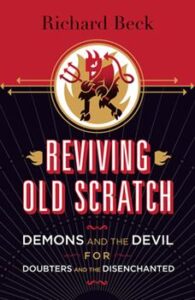After having read 10 books of this series in the last four years I recommend it. A couple were not up to the standards of the rest of the series, but it is mostly a very good cozy mystery series. This first book is currently on sale for $1.99. The 11th book in the series comes out in August. Below is my review from 2013, very lightly edited.

Summary: Fun mystery set in the early 1930s with a down on her luck 34th from the throne Royal.
I have to admit, that being a new parent and trying to keep up with work and enjoying my new daughter and trying to get enough sleep, I have just not been interested in reading anything heavy. I have already finished more than my goal of books for the year (which is a new record number of books), so I don’t feel pressed to read to review.
Consequently I have been reading fun books. And this is a great example of a fun book. Georgie is the younger sister of a Duke. She is 34th in line for the throne in 1932. But that does not mean things are going well for her. She is 21, her brother has stopped giving her a living allowance. Her father has died after losing all of the family money in American investments, her mother left her father when she was a young child and has been sleeping her way through all of the rich and famous of Europe since then.
Georgie has had enough of her current life stuck in a cold drafty castle in Scotland with her very sweet, but fairly hapless brother and her distant and condescending sister in law. So she heads to London to make her way on her own. But things are not that easy. She does not really have any job skills. And she can’t take just any job, because there is society to think of and her cousin (the Queen) will find out. If she doesn’t figure out a way to take care of herself, she is going to be sent off to the country to be a lady in waiting for a great aunt (the last remaining daughter of Queen Victoria). She will never find a husband (or have any fun) out there.
Things are really not going all that well when she comes home to find a dead body in her bathtub. I assume this is homage to Dorothy Sayers’s first Lord Peter Wimsey book Whose Body? which also has a body in a bathtub as the center of the mystery.







 Summary: There is no way to really describe this book.
Summary: There is no way to really describe this book.